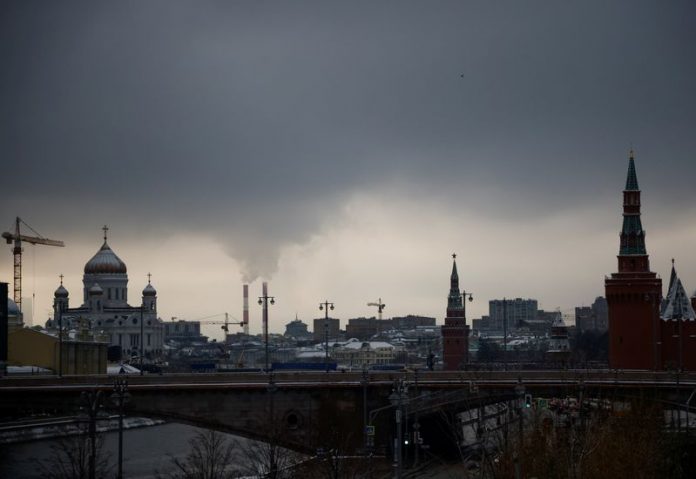(Reuters) – Domestic demand more than made up for falling export sales to drive growth in Russian manufacturing in December, a survey showed on Thursday, leading to the fastest monthly rise in job creation in the sector in over 21 years.
The S&P Global (NYSE:SPGI) Purchasing Managers’ Index (PMI) eased in December to 53.0 from 53.2 in November, but was still above the 50 mark that separates expansion from contraction. November’s reading was its highest since January 2017.
“Higher production levels were linked to another monthly upturn in new orders and the acquisition of new customers,” S&P Global said. “The rate of output growth softened from November’s recent high but was the second-fastest since August 2020.”
The contraction in new export orders weighed on total sales growth, S&P Global said, attributing the drop in foreign client demand to the impact of sanctions against Moscow over its actions in Ukraine.
Western restrictions and a mass corporate exodus from Russia have led to logistics delays and material shortages this year.
“Suppliers’ delivery times at Russian manufacturing firms continued to lengthen in December, as vendor performance deteriorated further,” S&P Global said.
The sector lost momentum in October after President Vladimir Putin announced a “partial mobilisation” that saw some 300,000 reservists – mostly young, working men – drafted for Russia’s military operation in Ukraine.
But it has shown resilience since then and in December output expectations strengthened to their second highest since March 2019 on hopes of greater client demand, the survey showed.
Companies linked the rise in new orders to a sharp uptick in employment in the sector, which grew at the fastest pace since September 2001




